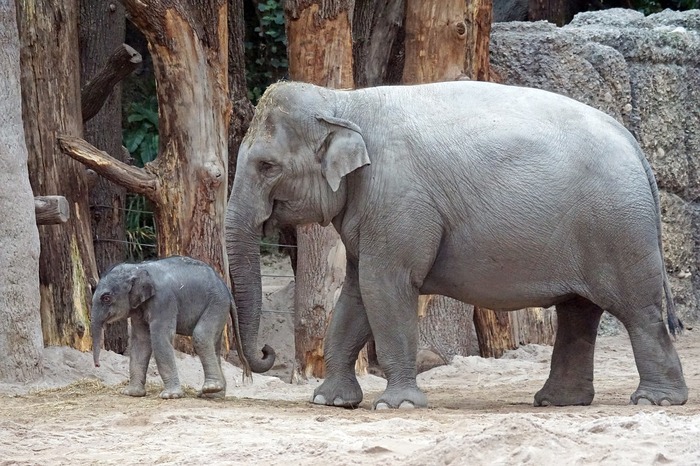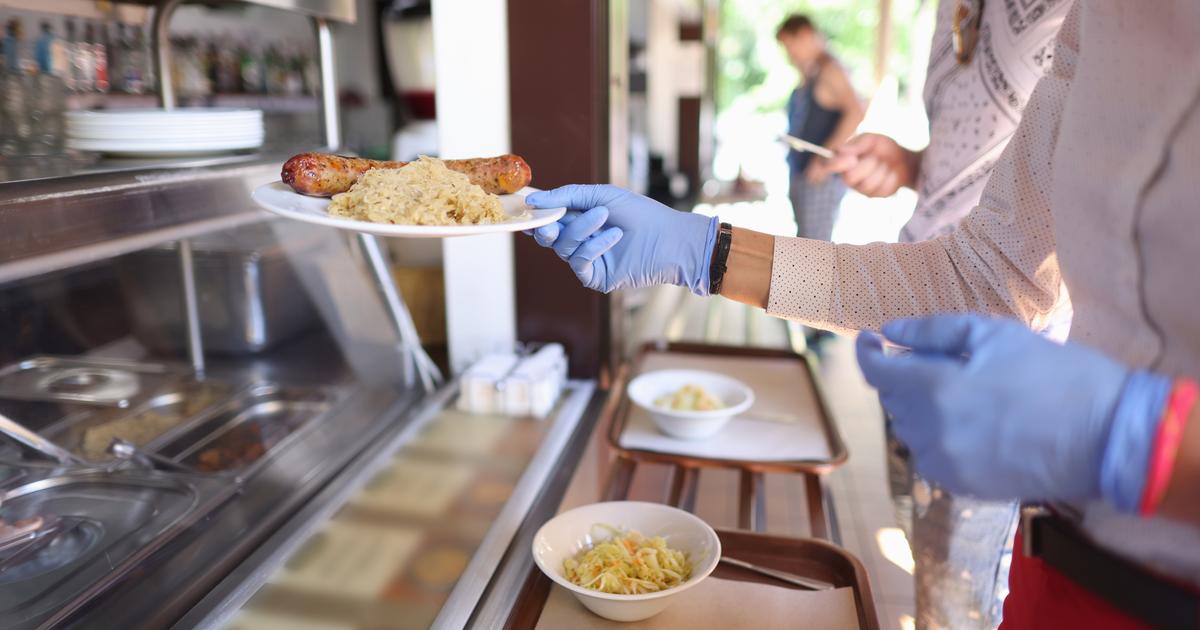Organic calves should remain in the region
Created: 05/30/2022, 10:00 am
Fattening on site: Organic calves from the Miesbach district are to be marketed via a cooperative.
The initiative is now looking for collaborators.
© thomas plettenberg
Around 3,000 calves born in the Miesbach district are sold on to fatteners every year.
But they could mean added value for the region.
An initiative is therefore looking for comrades-in-arms to found a cooperative that should make exactly that possible.
District – 5000 organic calves are born in the district of Miesbach every year.
Only about 2000 of them are needed for their own offspring and therefore remain in the region.
All others are sold to fattening farms via markets and traders.
An initiative of the eco-model region Miesbacher Oberland (ÖMR) wants to change that and found the cooperative “Oberland-Bioweiderind” for this purpose.
The initiators are now looking for supporters.
"We want to avoid long animal transports and build up local marketing"
A working group of the ÖMR, which is based at the location marketing company for the district of Miesbach, has dealt intensively with this topic in recent months.
Under the working title "Calf Project to Avoid Transporting Livestock", he developed a concept and has already found the first partners.
"We want to avoid long animal transports and build up marketing on site," says eco-model region manager Stephanie Stiller.
In addition to her, the members of the working group also include the organic farmer Albert Stürzer (Initiative Biokalb Oberland, Wall), IT developer Olaf Fries (representative of the ÖDP in the district council, Weyarn) and the restaurateurs Andrea Brenner and Bernhard Wolf (machtSINN, Holzkirchen) .
Now the members of the ÖMR working group want to tackle the practical implementation and plan
Important guidelines: Stable prices, planning security and transparency
"This cooperative should offer reliable structures so that the calves in the district are raised according to ecological criteria, are slaughtered here and their meat is processed in the region," says Fries.
Farmers, butchers, gastronomy, canteens, trade and private individuals should also be involved.
Brenner adds: "Fair and stable prices, planning security for farmers and gastronomy and complete transparency are important to us."
The initiators are now looking for additional supporters - above all farmers, restaurateurs, founding experts, PR experts and investors who will contribute their know-how to the founding of the cooperative.
Irrespective of this, the ÖMR continues to support the initiative with its network.
Mast gears are often located in Northern Germany and Holland
In a press release, the eco-model region explains the background to the initiative.
It is well known that the birth of calves is a prerequisite for milk production.
However, the majority of these organic calves then go to conventional fattening farms.
This does not necessarily mean worse husbandry, but the animals and later also the meat they supply lose their organic status.
Many calves are bought from fattening farms in Lower Bavaria, Northern Germany or the Netherlands.
The animals usually do not have access to pasture there, and they are often fed with genetically modified concentrated feed from South America, according to the ÖMR.
Not optimal.
And the local dairy farmers are losing a lucrative aspect of the value chain.
also read
Agatharied Hospital: Faster help for severe strokes
Parsberg: Trachtler anniversary "went excellently" - Chairman takes stock
The ÖMR also knows that many farmers have little choice but to sell the surplus calves.
They often have no place to raise them on their own farm, and in pure grassland areas such as the Miesbach district, the farms have specialized in milk production.
Meat production takes place in arable areas where corn, soy and other fodder are grown.
Breaking up this supposed law is one of the aims of the cooperative initiative.
mm
Information and contact:
Anyone interested in the "Oberland-Biorind" cooperative can contact Olaf Fries at of@ofries.de and z 01 78 / 1 83 65 79.
Information is also available at www.oekomodellregionen.bayern/projekte/oberland-bioweiderind









